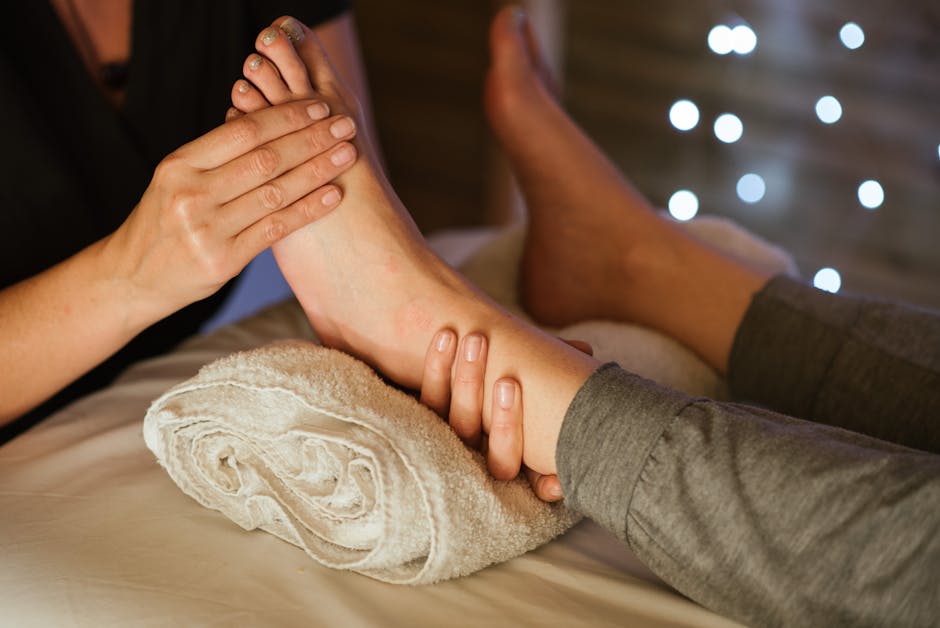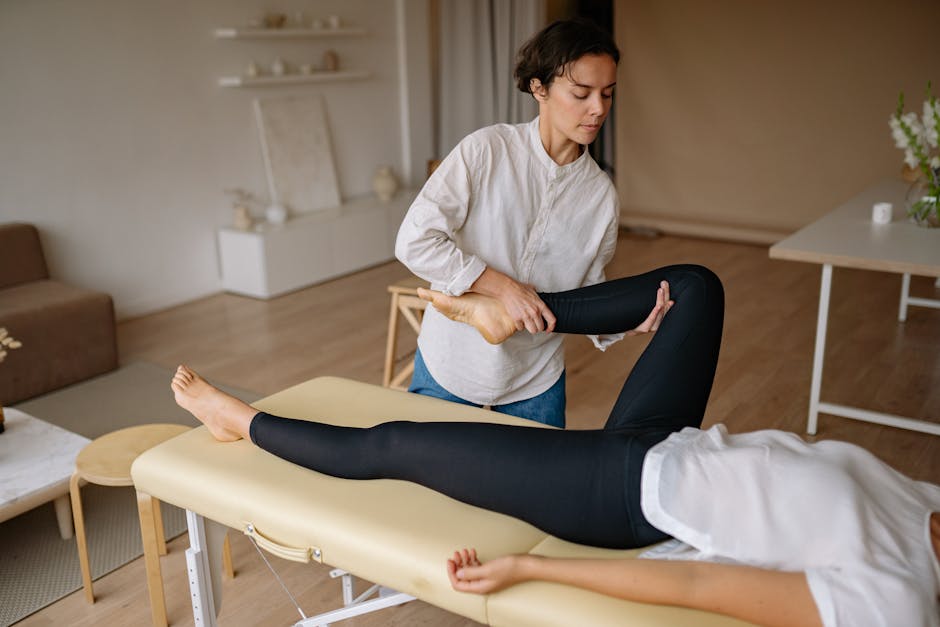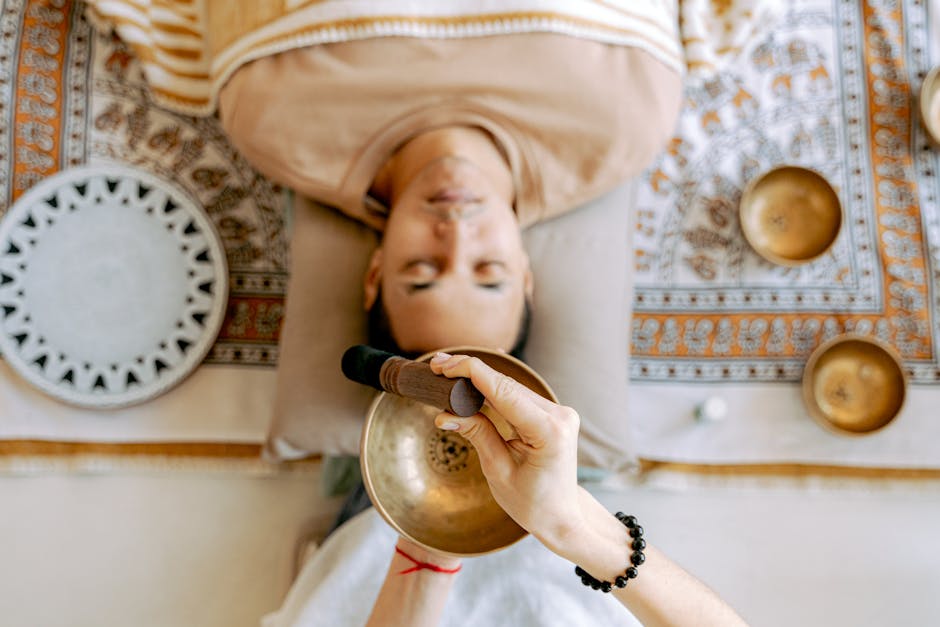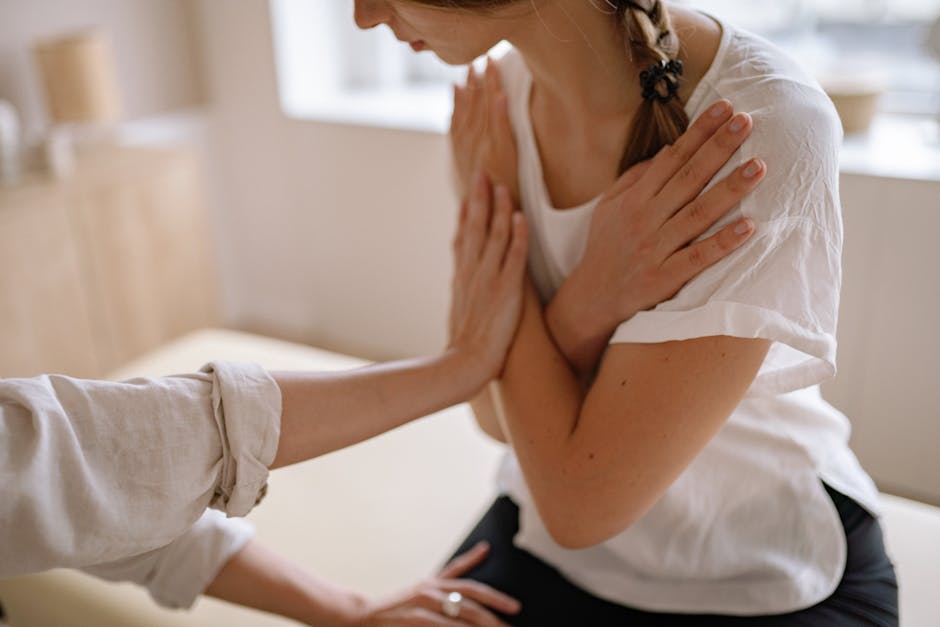Exploring Self-Care Techniques: A Comprehensive Guide
Welcome to the world of self-care techniques, where taking care of yourself becomes a priority. In today’s fast-paced and demanding world, it’s easy to overlook our own well-being in favor of meeting deadlines, fulfilling obligations, and attending to the needs of others. However, self-care is not a luxury; it is a necessity. By implementing self-care techniques into our daily routines, we can improve our physical, mental, and emotional health, leading to a more balanced and fulfilling life.
But what exactly are self-care techniques, and how can we incorporate them into our busy lives? In this article, we will delve deep into the world of self-care, exploring different strategies, practices, and approaches that can help you prioritize your well-being and achieve a greater sense of harmony and balance. From mindfulness meditation to physical exercise, from healthy eating habits to setting boundaries, we will cover a wide array of self-care techniques that cater to different aspects of your overall health and wellness.
The Importance of Self-Care

Before we dive into the specifics of self-care techniques, let’s first discuss why self-care is so crucial. Self-care is not selfish; it is an essential practice that allows you to recharge, replenish, and rejuvenate yourself. When you take care of yourself, you are better equipped to handle the challenges and stresses of everyday life. Self-care can improve your mood, boost your energy levels, enhance your focus and concentration, and strengthen your relationships with others.
Moreover, neglecting self-care can have serious consequences for your physical and mental health. Chronic stress, burnout, anxiety, depression, and other health issues can arise when you consistently put your own needs on the back burner. By prioritizing self-care, you are investing in your long-term well-being and happiness.
Types of Self-Care Techniques

Now that we understand the importance of self-care, let’s explore some specific techniques that you can incorporate into your daily routine. Self-care is a broad and diverse field, encompassing various practices that cater to different aspects of your well-being. Here are some key self-care techniques to consider:
Mindfulness Meditation

Mindfulness meditation is a powerful self-care technique that involves focusing your attention on the present moment without judgment. By practicing mindfulness meditation regularly, you can reduce stress, enhance your emotional regulation, improve your concentration, and cultivate a greater sense of inner peace and clarity. Even just a few minutes of mindfulness meditation each day can have profound benefits for your overall well-being.
There are many different ways to practice mindfulness meditation, from sitting quietly and focusing on your breath to engaging in guided meditation exercises. Find a method that resonates with you and make it a part of your daily routine.
Physical Exercise

Physical exercise is another essential self-care technique that can have a positive impact on your physical and mental health. Regular exercise can help you maintain a healthy weight, improve your cardiovascular health, boost your mood, and reduce your risk of chronic diseases. Whether you enjoy running, yoga, swimming, or dancing, find a form of exercise that you love and make it a regular part of your routine.
Remember, self-care is not about pushing yourself to the limit or adhering to a strict exercise regimen. It’s about moving your body in a way that feels good and nourishing yourself from the inside out.
Healthy Eating Habits
What you eat has a significant impact on your overall health and well-being. By prioritizing healthy eating habits, you can nourish your body with the nutrients it needs to thrive. Focus on consuming a balanced diet rich in fruits, vegetables, whole grains, lean proteins, and healthy fats. Limit your intake of processed foods, sugary drinks, and excessive amounts of caffeine and alcohol.
Meal prepping, cooking at home, and mindful eating are all valuable self-care practices that can help you make healthier food choices and cultivate a positive relationship with food. Remember to listen to your body’s hunger and fullness cues and treat yourself with kindness and compassion.
Setting Boundaries
Setting boundaries is a fundamental self-care technique that involves establishing limits and guidelines for how you interact with others and how you allocate your time and energy. Boundaries are essential for maintaining healthy relationships, preserving your mental and emotional well-being, and preventing burnout and resentment.
Learn to say no when you feel overwhelmed or overextended, and communicate your needs and preferences clearly and assertively. Remember that it is okay to prioritize yourself and your well-being; you are not obligated to please everyone at the expense of your own mental health.
Practicing Gratitude
Cultivating an attitude of gratitude is a powerful self-care technique that can enhance your overall happiness and well-being. By focusing on the positive aspects of your life and expressing gratitude for the blessings you have, you can shift your perspective, increase your resilience, and foster a sense of contentment and fulfillment.
Keep a gratitude journal where you write down three things you are thankful for each day, or simply take a few moments to reflect on the good things in your life. Practicing gratitude can help you develop a more optimistic outlook, reduce stress and anxiety, and improve your relationships with others.
Self-Care for Mental Health
Self-care is especially important for maintaining good mental health. If you are struggling with anxiety, depression, stress, or other mental health issues, it’s crucial to prioritize self-care practices that support your emotional well-being. This may include seeking therapy or counseling, practicing relaxation techniques such as deep breathing or progressive muscle relaxation, engaging in creative activities like art or music, or connecting with supportive friends and family members.
Remember that self-care is not a one-size-fits-all solution; it’s about finding what works best for you and incorporating those practices into your daily life. Don’t be afraid to reach out for professional help if you need it, and prioritize your mental health just as you would your physical health.
Common Misconceptions About Self-Care
There are several misconceptions about self-care that can prevent people from fully embracing this essential practice. One common misconception is that self-care is selfish or indulgent. In reality, self-care is about taking care of yourself so that you can better care for others and fulfill your responsibilities. By prioritizing your own well-being, you are better equipped to show up as your best self in all areas of your life.
Another misconception is that self-care is time-consuming or expensive. While some self-care practices may require a significant time commitment or financial investment, many self-care techniques are simple, accessible, and free. Taking a few moments each day to practice deep breathing, go for a walk in nature, or engage in a mindfulness exercise can have significant benefits for your overall well-being.
Conclusion: Prioritize Your Well-Being
To wrap things up, self-care is not a luxury; it is a necessity. By implementing self-care techniques into your daily routine, you can improve your physical, mental, and emotional health, leading to a more balanced and fulfilling life. Whether you practice mindfulness meditation, engage in physical exercise, prioritize healthy eating habits, or set boundaries with others, self-care is an essential component of a healthy and happy lifestyle.
Remember that self-care looks different for everyone, so it’s essential to find what works best for you and make it a priority in your life. Invest in yourself, prioritize your well-being, and make self-care a non-negotiable part of your daily routine. Your mind, body, and spirit will thank you for it.




